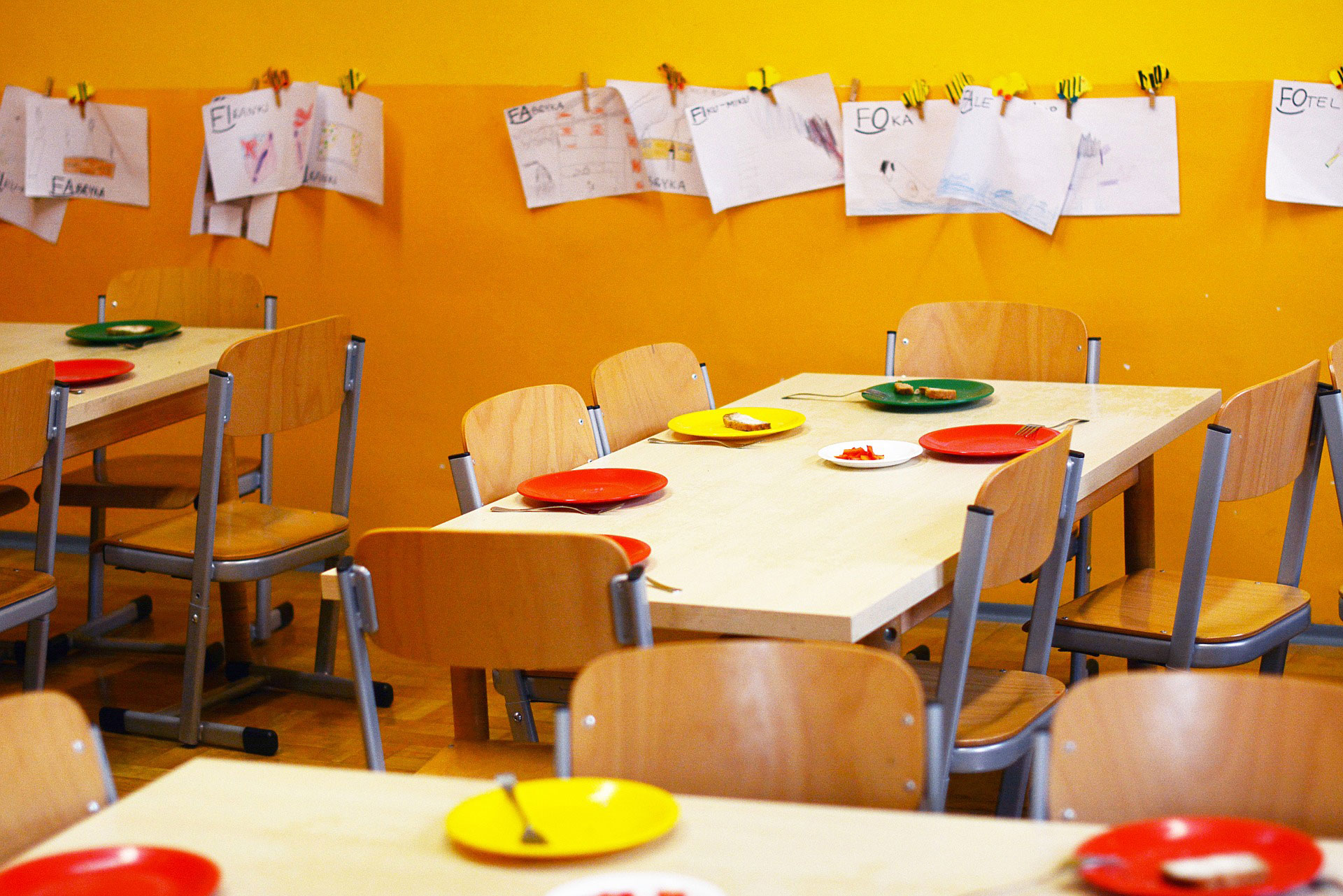“But above all the Government must make policy changes that will see food insecurity tackled at its root cause and not simply alleviated by sticking plaster solutions. At the very least we need to see the temporary uplift to Universal Credit made permanent and extended to legacy benefits.”
The figures add to an already bleak picture for working families across the country. Citizens Advice reported a surge in demand for redundancy advice as the end of the furlough scheme edges closer and in the last two months alone the number of people going to the Citizens Advice website to find out what benefits they could be entitled to has doubled.
Last month the Trussell Trust warned mass unemployment could see the organisation giving out six emergency food parcels every minute over winter, alongside a growing need for more people to donate to a food bank.
The Job Support Scheme will replace the current furlough system on November 1, but there are concerns that it won’t be enough to stop hundreds of thousands of people from losing their jobs as industries like hospitality and events are hammered by Covid-19 restrictions.
The Office for Budgetary Responsibility estimated a rise in unemployment to 13.2 per cent early next year, which could result in 336,500 more adults plunged into food poverty. With post-Brexit trade uncertainty also looming, the Food Foundation report said, the Government must act now to prevent a “food access crisis”.
Rashford – recently made a MBE for his work to end child food poverty – said: “The numbers recorded here just reinforce the need for urgency in stabilising households.
Advertising helps fund Big Issue’s mission to end poverty
“This is a pandemic that could leave longer-term devastation than Covid-19. We must act now to protect the next generation and the most vulnerable across the UK.”
The 900,000 children newly registered for free school meals make up a group of 2.2 million pupils total who receive the benefit – amounting to nearly three in ten of all children aged between eight and 17, according to the Food Foundation report.
And nearly 65 per cent of children who have only recently registered their need for free food have parents or guardians who are in traditionally high-income jobs.
But schools are struggling to meet the demand for meals, with just 32 per cent of children surveyed saying they could access hot meals from their school canteen, while as many as 180,000 kids said they skipped lunch entirely.
15-year-old Leicester pupil Dev told the Food Foundation: “At our school there is no hot food being served in our canteens because they are worried about Covid-19, and ‘cross-contamination’. I am really worried some of my classmates are going hungry and this is their only hot meal at the moment.”
Advertising helps fund Big Issue’s mission to end poverty
The Food Foundation report was published as part of the End Child Food Poverty campaign, led by Rashford and his Child Food Poverty Taskforce. Together with another 20 charities and food industry leaders, the campaigners are demanding the Government expands eligibility for free school meals to every child whose parent or guardian receives Universal Credit or other benefits.
They also said holiday support, like breakfast and activity clubs, must be extended and well-funded across England to tackle the holiday hunger that becomes a reality for families every summer and Christmas.
Anna Taylor, executive director of the thinktank, said: “A hot school lunch should provide vital sustenance for vulnerable children. Too many children are missing out because their families can’t afford it. Many more are missing out because canteens are not yet fully operational due to Covid-19.
“Addressing both should be a top priority for the Government or the divide between children from wealthy and economically disadvantaged families will widen even further, leaving permanent impacts on children’s lives.”
According to The Independent, a government spokeswoman said: “We have taken substantial action to make sure children and their families do not go hungry during this pandemic, extending free school meals support to those eligible when schools were partially closed during lockdown, increasing Universal Credit by up to £20 a week, funding councils to provide emergency assistance to families with food, essentials and meals and allocating £63m to councils who are distributing it to those in need.”
She added: “With the vast majority of schools now open across the country, many schools have also been providing weekly or daily food boxes to those on free school meals who are self-isolating due to Covid.
Advertising helps fund Big Issue’s mission to end poverty
“But we know that many families are struggling, which is why we have increased the safety net available to them with more than £9.3bn extra welfare support, and have supported thousands of young people through our summer Holiday Activities and Food programme.”
The Big Issue is committed to helping people through the Ride Out Recession Alliance. If you have been affected by the economic impact of the pandemic or have ideas about what might help, please get in touch through rora@bigissue.com. You can also sign up to get the latest news, updates and advice around the campaign here.









